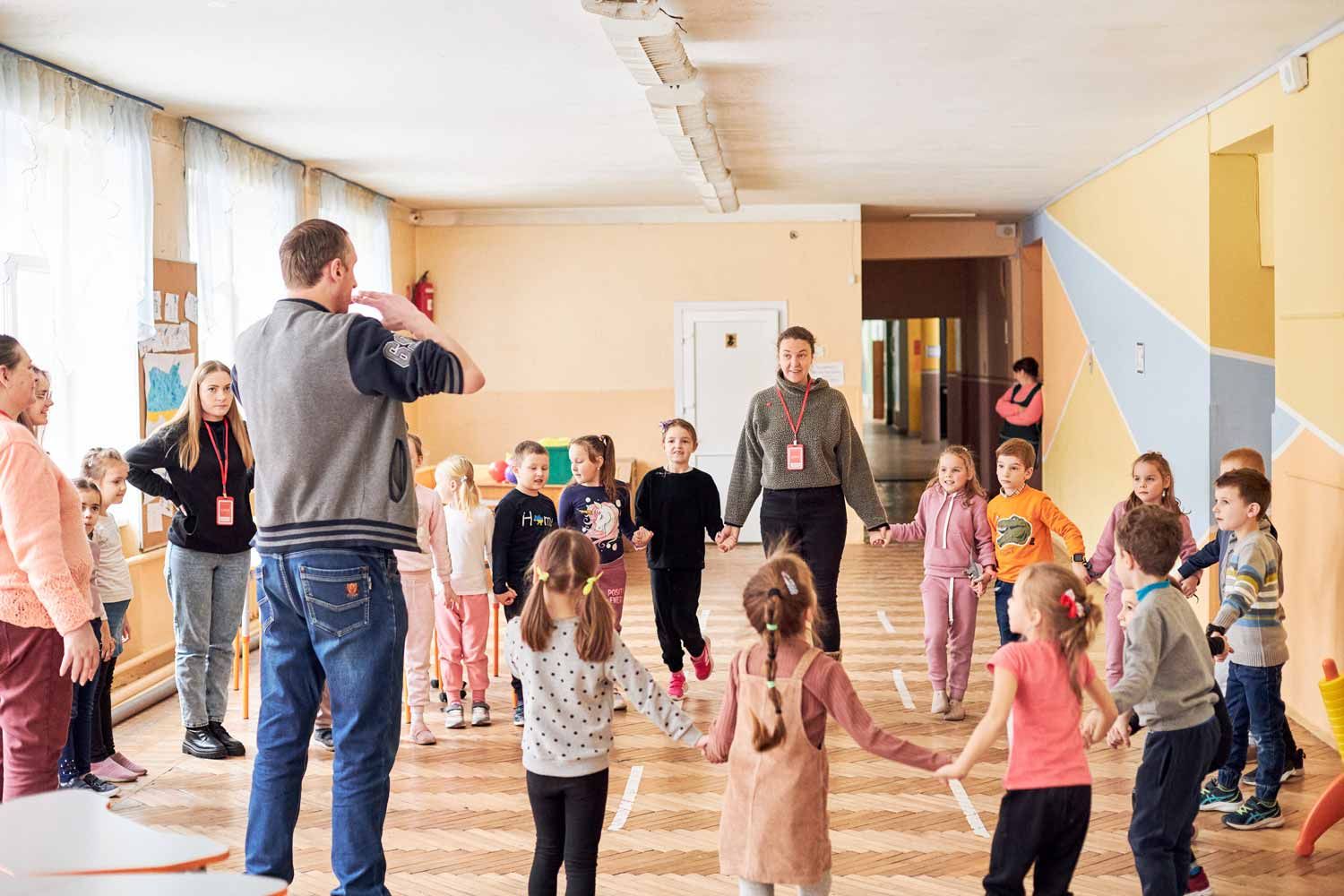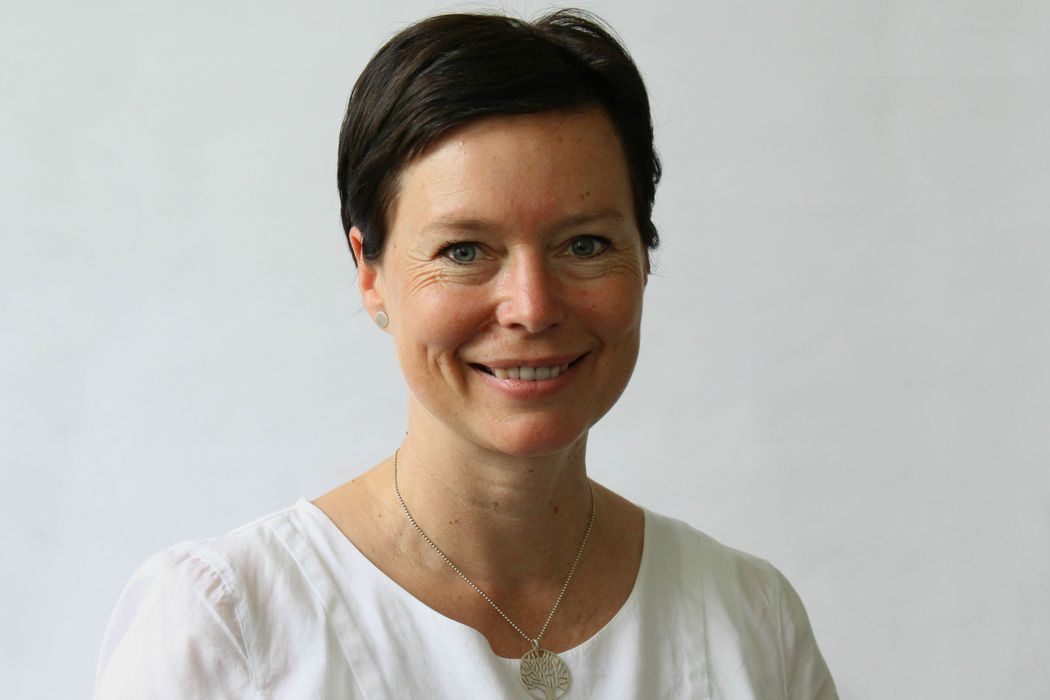Cologne/Lviv. In the second year of war, the Ukrainian population must continue to be supported with diverse humanitarian aid from the West, Malteser International demands. The aid organization will expand programs for psychosocial support and deliver relief supplies, especially to the east of the country. In Germany, many Ukrainian refugees are engaged to be part of their own integration process.
"Children all over the country are suffering from the war. Their mental state is changing. They can no longer think child-like and freely," notes the head of Malteser Ukraine, Pavlo Titko. The aid organization has been offering psychosocial support programs in Ukraine since 2014. Because school attendance is not possible or only possible to a limited extent throughout the country, children and youth learn much less and less effectively. Continuous air alarms frighten the children. Social workers and psychologists provide age-appropriate services to help children overcome difficult situations and experiences. Recreational activities are also part of the program.
Danger to the lives of aid workers
Distributing generators, power banks, blankets, sleeping bags, hygiene items and food in villages and towns directly affected by shelling also carries a high level of risk to the lives of aid workers. "During every transport to the war zones, something could happen," Titko says. But the will to support the particularly affected population is very strong throughout the country, he says.
In the first year of the war, we delivered 8,700 tons of relief supplies from Germany to Ukraine or neighboring countries to care for those who are fleeing, sick and living near the front lines. Logistics hubs in Germany, Poland and Ukraine ensured reliable temporary storage and delivery of relief supplies. National Order of Malta relief organizations in twelve European countries are coordinating their assistance to Ukraine. "We support Malteser Ukraine and the Ukrainian population. There is an unbroken solidarity of the European population with Ukraine," says the President of Malteser International Europe, Douglas Graf Saurma-Jeltsch.
Integration in Germany
More than 3,000 volunteers of Malteser Germany are regularly involved in integration services for 16,000 refugees so far. At the beginning of the larger refugee movements, many spontaneous helpers provided assistance; in the meantime, many people have become involved in Malteser's integration and assistance services on a long-term basis. Among them are above all several Ukrainian women who have fled. Some of them have succeeded in gaining a foothold as full-time managers of integration services, as psychologists, or in childcare and nursing. For most refugees, the psychological burden is very high. However, there is a great will to arrive well in Germany through work relations, private connections or other associations. The assistance requested by the refugees covers the entire spectrum: from a little help upon arrival to more intensive support by means of language promotion, individual assistance in everyday life and psychosocial support.
In the weeks after the war began one year ago, up to 1,000 volunteers of Malteser Germany per day supported the accommodation, care and medical treatment of refugees from Ukraine. The focus was on Berlin, where a particularly large number of Ukrainians arrived. Around 30,500 people were cared for over weeks and months in 115 emergency shelters run by the federal states and local authorities in 2022. Psychological specialists offer Ukrainians native-language support in person and online. So far, 1,300 people have taken advantage of this opportunity. Germans donated more than 50 million euros for the relief projects to Malteser International and Malteser Hilfsdienst, which is a member of The German Relief Coalition (Aktion Deutschland Hilft).
A Malteser Hilfsdienst relief transport to Ukraine will start again in Trier on 24 February - just like one year ago, on the day the war began, as a conscious sign of permanent support.
Attention editors:
Photo appointment: Malteser Hilfsdienst relief transport starts from Germany to Ukraine
Place: 54292 Trier, Hospital of the Merciful Brothers, Nordallee 1
Date: Friday, 24.02.2023
Time: 9-9:45 a.m. (meeting point at the main entrance of the hospital)
We will be happy to arrange interview partners from Ukraine or Germany. Mediation: Katharina.Kiecol@malteser-international.org, tel. 0221 / 9822-7181.
Photos for download can be found here: https://malteser.eyebase.com/view/pinTysNTeir
The people in Ukraine are still dependent on donations:










